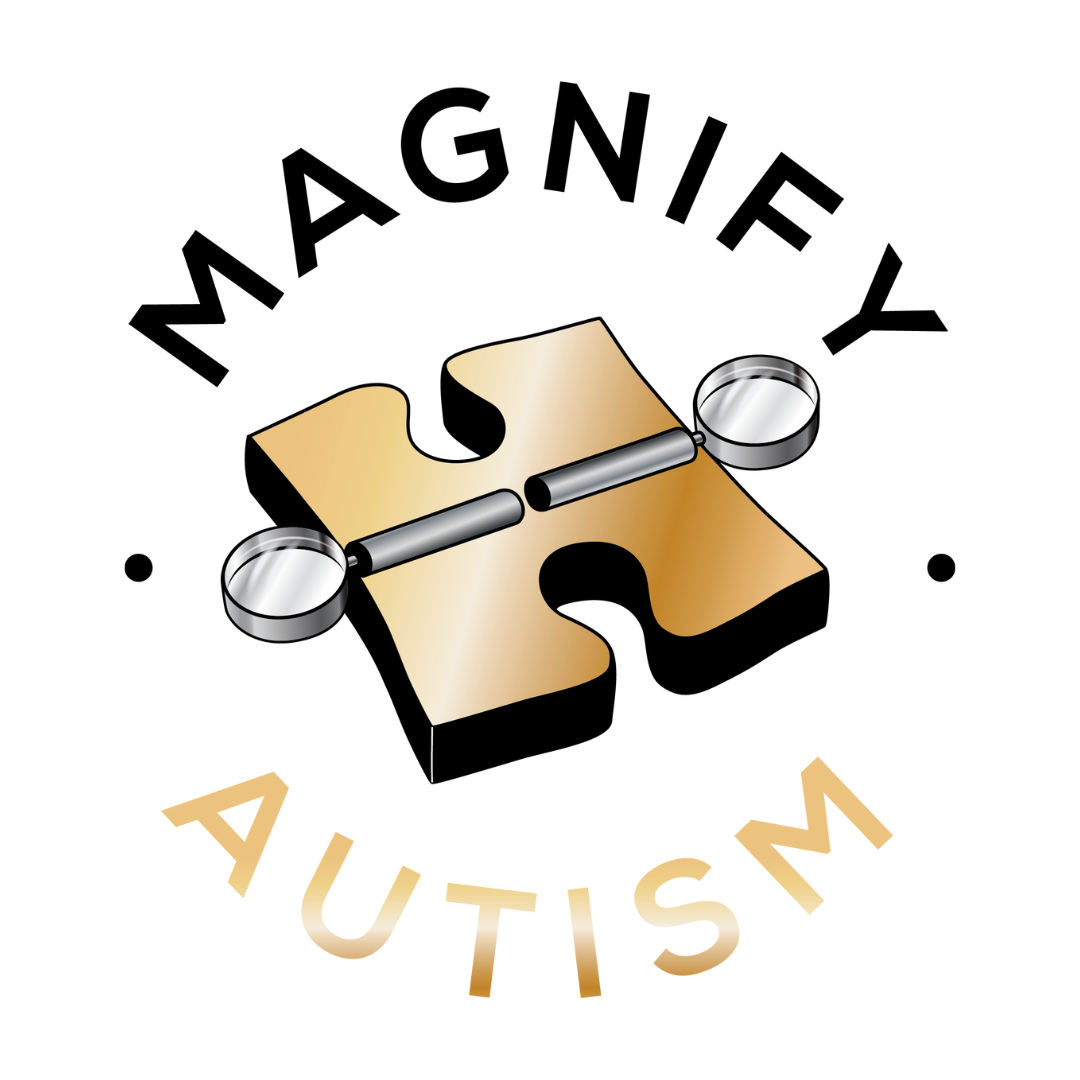Communication
Each person with ASD has different communication skills. Some people can speak well. Others can’t speak at all or only very little. About 40% of children with an ASD do not talk at all. About 25%–30% of children with ASD have some words at 12 to 18 months of age and then lose them. Others might speak, but not until later in childhood.
EXAMPLES OF COMMUNICATION ISSUES RELATED TO ASD:
Delayed speech and language skills
Repeats words or phrases over and over (echolalia)
Reverses pronouns (e.g., says “you” instead of “I”)
Gives unrelated answers to questions
Does not point or respond to pointing
Uses few or no gestures (e.g., does not wave goodbye)
Talks in a flat, robot-like, or sing-song voice
Does not pretend in play (e.g., does not pretend to “feed” a doll)
Does not understand jokes, sarcasm, or teasing
An Individual with an ASD who do speak might use language in unusual ways. They might not be able to put words into real sentences. Some people with ASD say only one word at a time. Others repeat the same words or phrases over and over. Some children repeat what others say, a condition called echolalia. The repeated words might be said right away or at a later time. For example, if you ask someone with ASD, “Do you want some juice?” he or she might repeat “Do you want some juice?” instead of answering your question. Although many children without an ASD go through a stage where they repeat what they hear, it normally passes by three years of age. Some people with an ASD can speak well but might have a hard time listening to what other people say.
Individuals with ASD might have a hard time using and understanding gestures, body language, or tone of voice. For example, people with ASD might not understand what it means to wave goodbye. Facial expressions, movements, and gestures may not match what they are saying. For instance, people with an ASD might smile while saying something sad.
An Individual with an ASD might say “I” when they mean “you,” or vice versa. Their voices might sound flat, robot-like, or high-pitched. People with an ASD might stand too close to the person they are talking to, or might stick with one topic of conversation for too long. They might talk a lot about something they really like, rather than have a back-and-forth conversation with someone. Some children with fairly good language skills speak like little adults, failing to pick up on the “kid-speak” that is common with other children.

